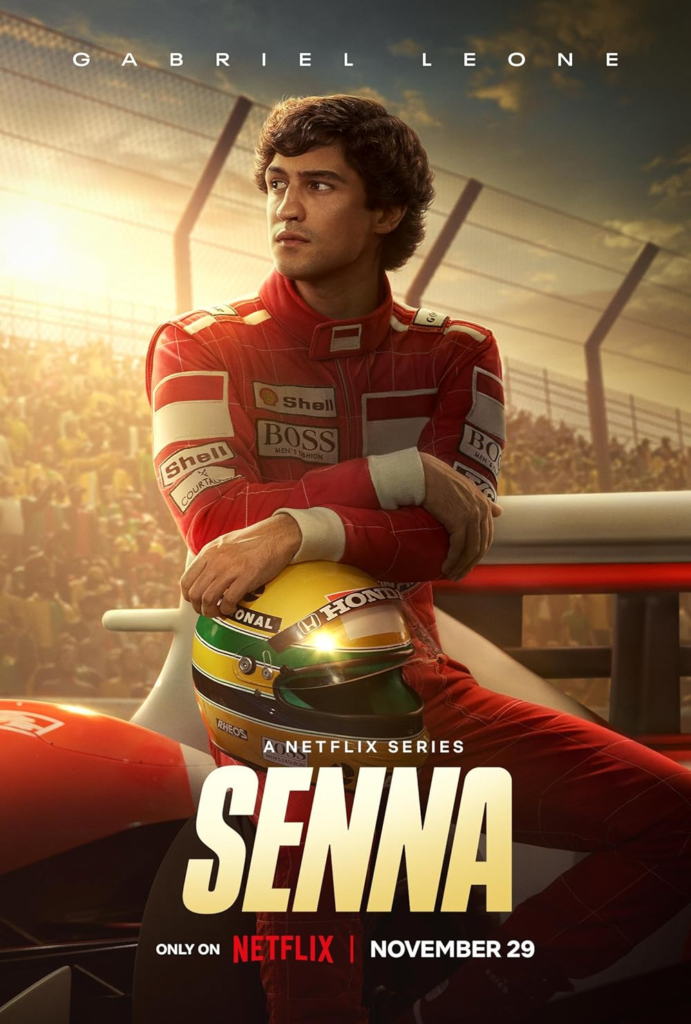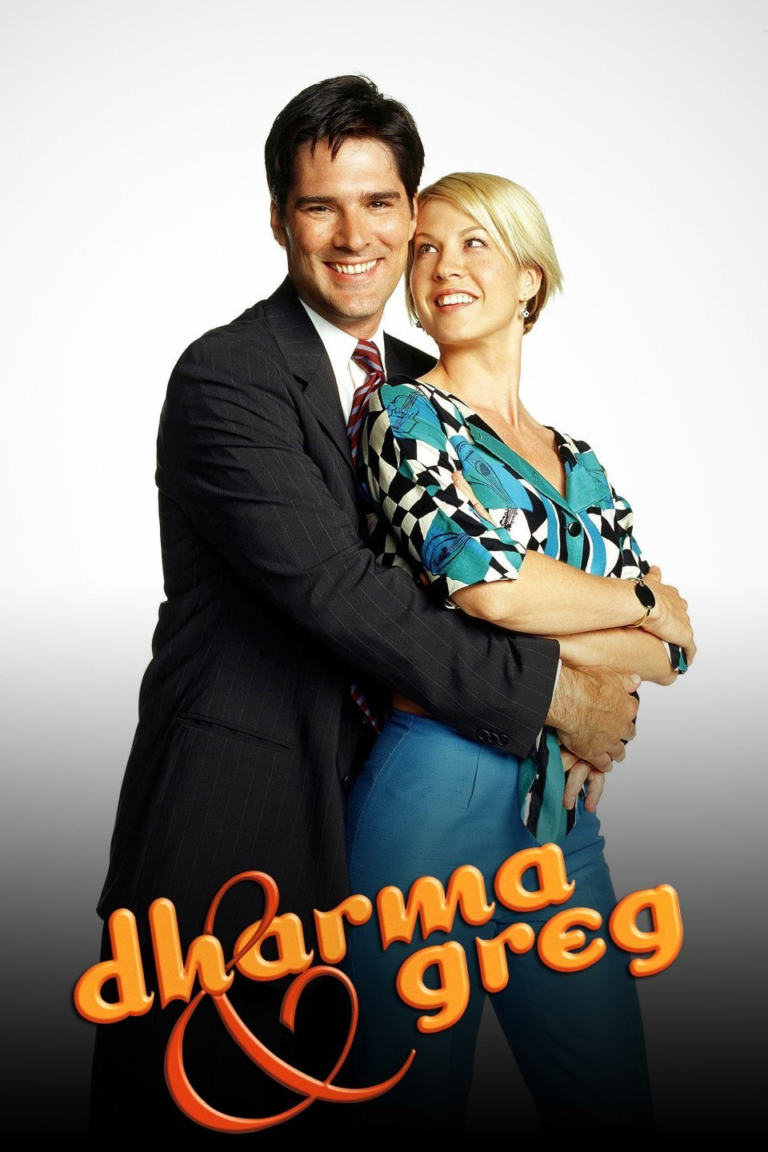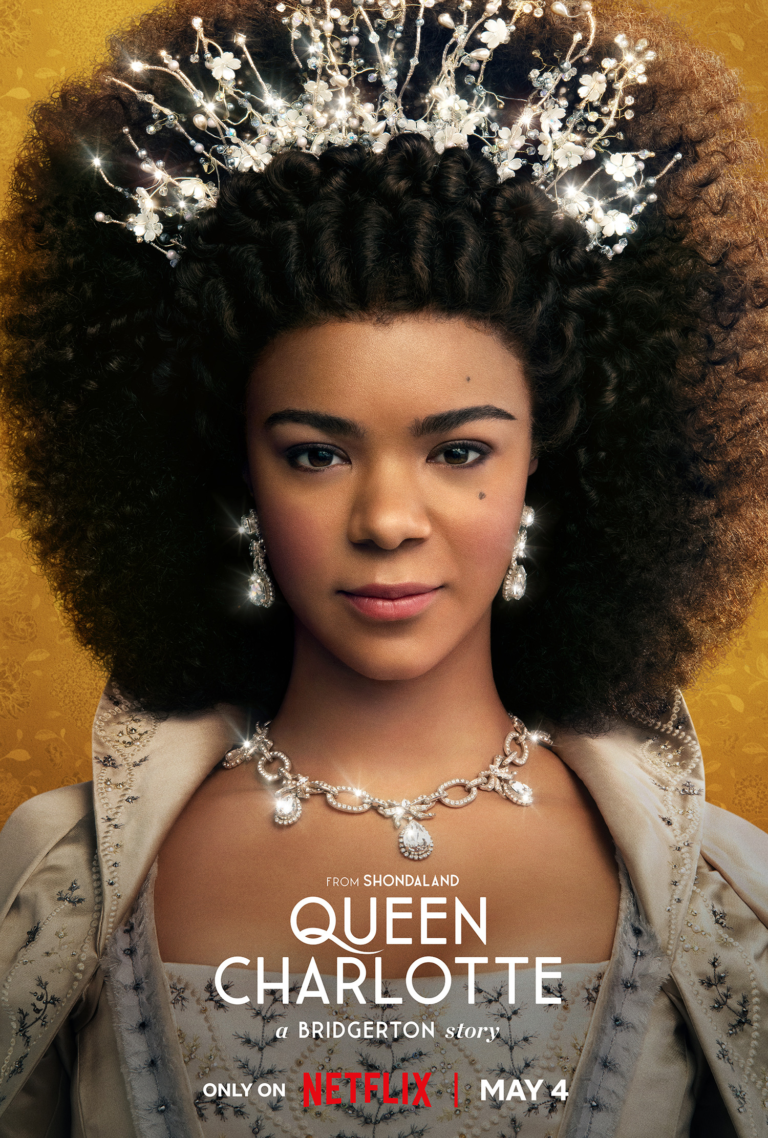Senna Christian Review

There’s something undeniably thrilling about the roar of engines and the sheer audacity of someone pushing the limits of physics on a racetrack. Netflix’s Senna captures that energy, or at least tries to. The six-episode series chronicles the life and tragic death of Ayrton Senna, one of Formula 1’s greatest drivers and a Brazilian national hero. But here’s the rub: while the show has its moments of heart-pounding excitement, it doesn’t dig nearly deep enough. By the time the credits roll, you’re left with an uneven narrative that feels like it’s skimming the surface of an extraordinary life.
The Need for Speed
Let’s start with what Senna gets right: the racing. My goodness, the racing. When the series shifts into high gear, it’s a thing of beauty. You can almost smell the burnt rubber and hear the adrenaline pounding in your ears as the cars zip around the track. These scenes are electric, meticulously choreographed, and bursting with tension. Watching Senna, played by the magnetic Gabriel Leone, navigate the cutthroat world of Formula 1 is gripping. The series reminds us of what made Senna a legend—the skill, the bravery, the ability to perform under immense pressure.
But—and there’s always a but—it’s not enough. Sure, the racing sequences are thrilling, but they’re only part of the story. Ayrton Senna wasn’t just a driver; he was a man of deep convictions, a public figure beloved by millions, and a Christian whose faith shaped much of his worldview. You wouldn’t know much of that from watching Senna, though. The series barely scratches the surface of who he was when he wasn’t behind the wheel.
Faith in the Fast Lane
One of the most glaring omissions in Senna is its failure to explore the driver’s faith. This man wasn’t just an athlete; he was someone who carried his beliefs into every aspect of his life, from his driving to his philanthropy. He once said, “I believe God has given me this gift, and it’s my responsibility to use it well.” That’s a statement loaded with meaning, but the series doesn’t dig into it. Instead, it focuses on the external—his victories, rivalries, and eventual tragedy—without delving into the internal.
For a show aiming to chronicle the life of a mythic figure, leaving out his spiritual side feels like a massive oversight. Faith wasn’t just a footnote in Senna’s life; it was a cornerstone. Exploring this could have added layers of depth and nuance, showing us how his beliefs informed his decisions, helped him cope with setbacks, and perhaps even gave him a sense of peace in the face of danger. Instead, we get a sanitized version of Senna, one that feels more like a statue than a living, breathing person.
Relationships on Cruise Control
Now, let’s talk about the relationships—or lack thereof. The series touches on Senna’s love life, including a romance with Brazilian TV host Xuxa (played by Pâmela Tomé), but it’s done so half-heartedly that it feels almost perfunctory. These moments don’t tell us anything meaningful about Senna as a person. What did he value in relationships? How did his fame impact those around him? How did his faith intersect with his personal life? The show doesn’t seem interested in answering these questions.
Then there’s the fictional female journalist, portrayed by Kaya Scodelario, who pops in and out of the story like a narrative Band-Aid. She’s there to give us some context about Senna’s career and the media’s portrayal of him, but her character feels hollow and unnecessary. Instead of adding depth, she ends up underscoring how underdeveloped the series’ supporting cast really is. The people in Senna’s life are reduced to one-dimensional figures, mere props in a story that’s supposed to be about a complex, multi-faceted man.
A Missed Chance to Explore Mortality
Given the tragic end to Senna’s life—he died at just 34 in a crash during the 1994 San Marino Grand Prix—you’d think the series would have a lot to say about mortality, legacy, and what it means to live a life of purpose. And yet, it doesn’t. The show speeds through Senna’s career like a driver trying to beat rush-hour traffic, going from beginning to end without pausing to reflect on the bigger picture.
Senna’s death shocked the world, not just because of the circumstances but because of what he represented. He was more than a sportsman; he was a symbol of hope for millions of Brazilians, a reminder that greatness was possible even in the face of adversity. The series touches on this, but it doesn’t go far enough. What did Senna think about his own legacy? How did he grapple with the risks of his profession? These are the kinds of questions that could have given Senna real weight, but they’re left unanswered.
The Good, the Bad, and the Forgettable
Let’s be clear: Senna isn’t a terrible series. It’s watchable, especially if you’re a fan of Formula 1 or have a soft spot for Ayrton Senna. Gabriel Leone’s performance is a standout, capturing the charisma and intensity that made Senna a legend. The race sequences are another highlight, brimming with energy and excitement. But beyond that, the series falters.
It’s not that Senna is bad; it’s just uninspired. It doesn’t take any risks, doesn’t push any boundaries. It plays it safe, delivering a straightforward narrative that’s more concerned with ticking boxes than telling a compelling story. For a show about speed, it’s surprisingly pedestrian.
Why It Matters (Or Doesn’t)
Here’s the thing: when you’re telling the story of someone as extraordinary as Ayrton Senna, you have a responsibility to go deeper. This is a man whose life was filled with drama, passion, and meaning, yet the series reduces him to a collection of sports-story clichés. It’s a disservice not just to Senna but to the viewers who come to this series looking for insight and inspiration.
For Christian viewers, the lack of attention to Senna’s faith is particularly disappointing. This was a man who saw his talent as a gift from God, who believed in using his platform to make a difference. Imagine a series that explored how his faith shaped his approach to competition, his relationships, and even his understanding of mortality. That’s a story worth telling. Unfortunately, Senna doesn’t tell it.
Final Thoughts
So, should you watch Senna? If you’re a die-hard Formula 1 fan or someone who already admires Ayrton Senna, you’ll probably find enough here to keep you entertained. The race sequences alone are worth a watch, and Gabriel Leone’s performance adds some much-needed depth to an otherwise shallow narrative.
But if you’re looking for a series that goes beyond the surface, that explores the man behind the myth, you might want to look elsewhere. Senna has its moments, but it ultimately feels like a missed opportunity—a series about speed that doesn’t know how to slow down and reflect.
Rating: 6/10
Stream it if you must, but don’t expect to be blown away. Like a Sunday drive, it’s fine for what it is, but it won’t take your breath away.






